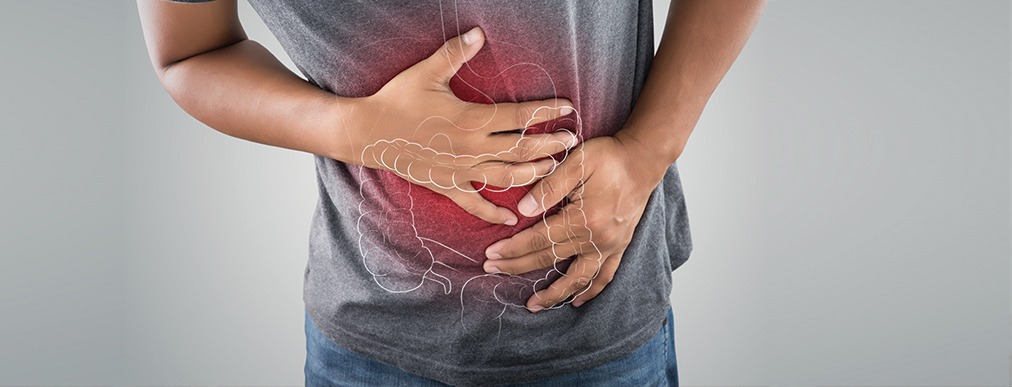Stools or bowel movements are asserted as strong indicators of the human digestive health. Medical professionals claim that examination of certain poop characteristics like poop colour, consistency, texture, shape, etc. can reveal a lot about the human health. For instance, loose and watery stools often indicate diarrhoea while dry and hard faeces can suggest dehydration or constipation condition.
What is hard stool?
Hard stool is typically a result of constipation. According to health experts, the human digestive system moves the food in the gastrointestinal tract in order to digest it. However, during constipation condition, the movement of the stool slows down considerably. This allows the intestine to absorb extended amount of water from the stool, eventually making it dehydrated. This leads to the formation of dry and hard lumps which are often difficult to pass.
During constipation, the body digests the food inefficiently. It slows down one’s normal bowel movement patterns and limits it to three or less per week. While the stool stays put in the colon, it eventually gets more hard and dry.
What causes hard stools?
The slowing down of the stool movement, hardening of the stool, and improper digestion can happen due to various reasons. Some of them include:
1. Lack of exercising and physical activity or sudden changes to the daily routine.
2. Ageing is one of the primary factors that can cause irregular bowel movements. According to medical experts, ageing initiates various changes in the body. It can weaken the muscles and also lead to nerve damage, making bowel movements difficult.
3. Many times, people may experience constipation as a result of anxiety and trauma.
4. It may be a result of certain medical conditions including Alzheimer’s disease, Parkinson’s disease, diabetes, and hypothyroidism.
5. Constipation could also emerge as a side-effect of certain medications including anti-depressants and pain relievers.
6. Consumption of a low-fibre diet is another prominent factor that can result in the formation of hard stools.
Additionally, fluctuations in the hormone levels during pregnancy along with other changes like increased pelvic floor pressure may also lead to the formation of dry and hard stool (in women).
The formation of hard stools in the stomach is initially recognized with abdominal pain followed by stomach discomfort. Patients may also experience difficulty in passing gas and may have to strain during defecation. Fortunately, the condition can be relieved easily by making certain lifestyle and dietary changes, along with some home remedies. People can also avail safe ayurvedic treatments for constipation or consume the best laxatives for constipation in India like KABZEND in order to get relief.
In some cases, people may also encounter rectal bleeding or bloody stools. This requires immediate medical attention as it could be an indication of a serious underlying condition.
Disclaimer This blog solely intended for the educational/informational/awareness purposes and is not a substitute for any professional medical advice, diagnosis or treatment. Please consult your doctor/healthcare professional before acting on the information provided on the blog. Reliance on any or all information provided in the blog, is solely at your own risk and responsibility. Mankind Pharma Limited shall not be held liable, in any circumstance whatsoever.

 January 30, 2020
January 30, 2020